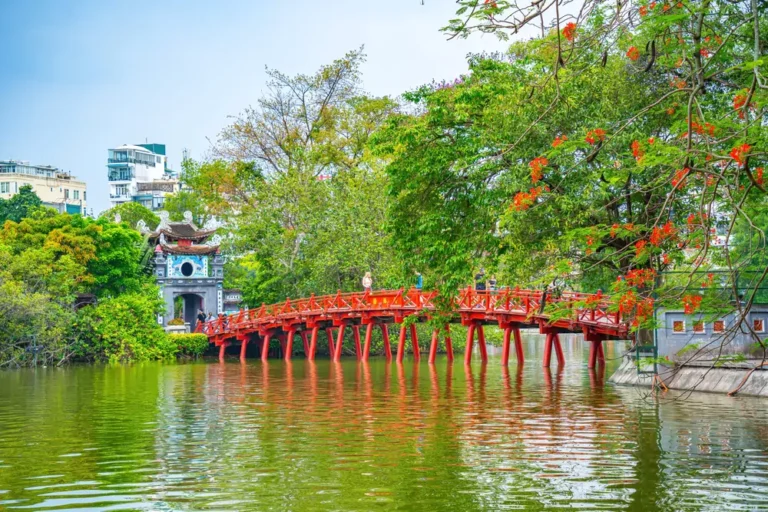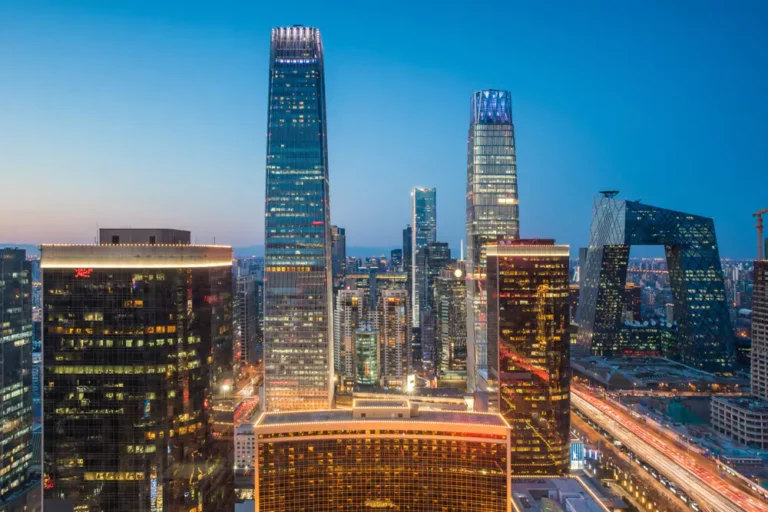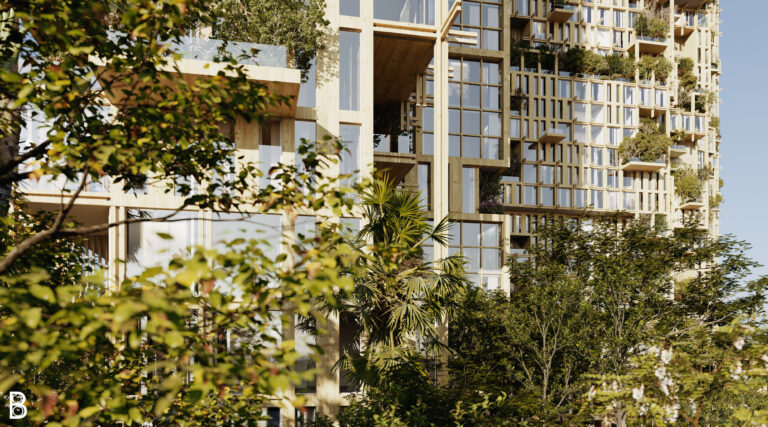Penang’s silicon boom: How the US-China tech war is supercharging local real estate
Penang has been one of the main beneficiaries of the US-China tech war. But its booming semiconductor industry has created ripples within the local real estate sector

Dredging boats plying a route along the coast of Perak state in Malaysia have dumped millions of cubic metres of sand off Penang since the end of last year.
Following years of delays amid legal challenges, this construction project is focused on building Malaysia’s newest gambit in the rapidly expanding global chip industry.
Dubbed Silicon Island, a nod to the semiconductor industry, 50 percent of this newly reclaimed site of 920 hectares will be designated as industrial land, with the island due for completion in 2031.
Before this target date, Penang is adding another three industrial parks with more than 475 hectares of capacity “in a bid to stimulate the industrial sector’s growth”, says Loo Lee Lian, CEO of InvestPenang, a non-profit of the Penang state.
Penang’s scramble to add industrial real estate capacity signifies the extent to which the state, Malaysia’s second smallest by land area, has become a victim of its success in attracting global players in the semiconductor industry.
The state now accounts for 13 percent of the world market for chip testing, packaging, and assembly, a lower-skilled segment of the industry currently dominated by China, according to the Malaysian Investment Development Authority.
This tiny northwestern corner of Malaysia has become the go-to global chip production hub following the global pandemic when China and its industrial base endured lengthier lockdowns than most. It has also benefited from ongoing trade restrictions by the US on China.
As a result, the tenants of Penang’s industrial parks have come to read like a who’s who of the global semiconductor industry. Intel, Infineon, and Texas Instruments have all spent billions of dollars starting up or expanding in Penang in recent years.
In August 2023, Bosch opened a new 100,000-square-metre semiconductor and sensor testing facility in Penang, thereby cementing the state as the company’s largest manufacturing site in Southeast Asia
“We chose to invest in Penang for its high level of semi conductor knowledge and skilled workforce,” says Klaus Maeder, a member of Bosch’s Mobility Sector Board. “The proximity to business partners and customers is another advantage, as it will shorten delivery times and distances for the chips.”

The expanding presence of the chip industry and associated companies has created knock-on effects within the local property sector.
Gelugor and Bayan Baru, close to the Bayan Lepas Industrial Park which houses multinationals including Intel, command among the highest office rents on Penang Island at up to MYR56 (USD11.70) per sqm, according to data from agents CBRE-WTW.
However, the sharp increase in activity in the industrial sector in Penang has caused prices to soar as space has become scarce. In the third quarter of the last year, the same period in which Bosch opened its new sprawling facility, transactions on vacant land tripled compared to a year earlier to MYR215 million (USD50 million), according to data from Malaysia’s National Property Information Centre.
Growth in industrial transactions has been driven by a sharp upturn in multinationals relocating or expanding to Penang. Last year, the state attracted USD12.8 billion in foreign direct investment, more than for the previous seven years combined, according to data from the World Economic Forum.
With the current global landscape, Malaysia retains its neutral stance in the US-China trade war, and Penang is in the sweet spot to attract investment from global semiconductor companies
Geopolitics have become a major factor in the redistribution of chip-making assets as multinationals have attempted to pivot or spread risk away from China. In March, the US issued a third round of stricter rules, first introduced in October 2022, which have aimed to restrict China’s access to advanced artificial intelligence chips manufactured with US input, causing multinationals to look outside of China.
“With the current global landscape, Malaysia retains its neutral stance in the US-China trade war, and Penang is in the sweet spot to attract investment from global semiconductor companies,” says Lian of InvestPenang.
Other countries in the region are also starting to draw semiconductor sector investment, with Vietnam and India the other main beneficiaries besides Malaysia, the Economist Intelligence Unit reported in February.
In September last year, US President Joe Biden visited Hanoi to sign a series of cooperation agreements designed to counterbalance China. In February, Vietnam announced a new national semiconductor strategy including tax breaks for foreign investors. Samsung remains the largest chip-making foreign investor in Vietnam with factories dotted down the length of the country. The South Korean firm recently announced plans for further expansion which would take its total investment in the country to USD20 billion.
When Vietnam’s Foreign Minister Bui Thanh Son visited Washington in March, his counterpart, Secretary of State Antony Blinken, made repeated emphasis on the chip industry in a clear sign that the US sees this Southeast Asian country as the latest major centre of semiconductor production and testing.
By the end of last year, Vietnam was already the third-largest exporter of chips to the US behind Taiwan and Malaysia, with shipments growing 75 percent to 562 million units in February 2023 alone, according to Arc Group, a global investment advisory with offices in Ho Chi Minh City.
“Vietnam’s semiconductor industry is rapidly evolving into a global hub,” it says. “The nation is poised to meet growing semiconductor demand and capture a significant share in the projected USD1-trillion global market by 2030.”
The original version of this article appeared in PropertyGuru Property Report Magazine Issue No. 184 on issuu and Magzter. Write to our editors at [email protected].
Recommended
Designing resilient cities: Hanoi’s path to sustainable urban living amidst pollution challenges
Hanoi’s worsening annual toxic smog is highlighting the pressures of balancing sustainability with rapid economic growth
ARES White Paper Volume 3: The era of adaptive reinvention
Pioneering sustainable and innovative practices in urban development
ARES White Paper Volume 2: Unravelling the power of data revolution in real estate
Insights on proptech, smart cities, and sustainable development
ARES Digital White Paper Volume 1: The fundamentals of responsible building
Green and climate heroes join forces to discuss how Asia Pacific can weather the current environmental crises and the looming effects of climate change






